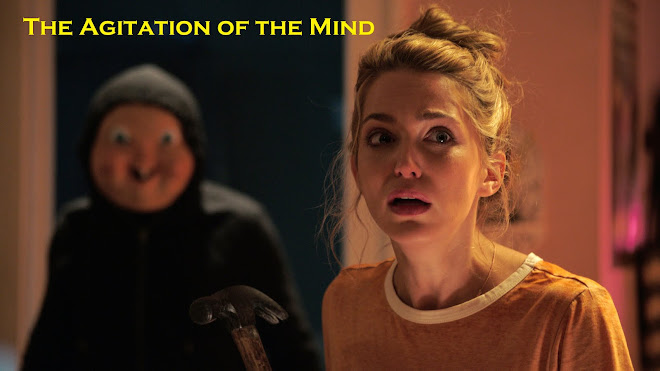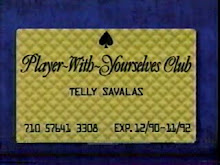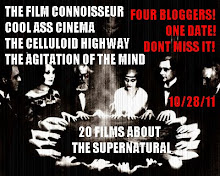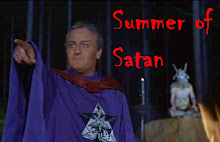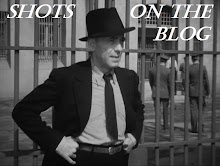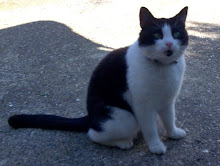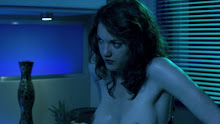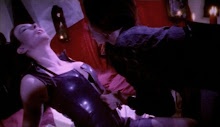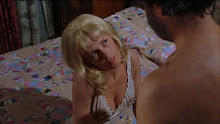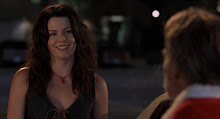(after the film by John Sayles)
“Welcome to Matewan. This here’s
a company town, and the company
is your benefactor and your god,
your pious mother and stern father.
Boys, think of yourselves as tools,
implements for the extraction of coal.
“We pay ninety cents per ton of coal,
but listen up: your train ride here,
your housing and clothing and tools –
them’s a debt you owe the company:
honour it like you honour your father,
pay it from your first wages, by God!
“There’s a meeting house for God
and prayer. But hear me, boys: coal’s
your cathedral, coal’s Your Father
who art in the mine, ninety cents, here
in the darkness as it is in the company,
ours is the profit and thou art the tools.”
You son of a bitch! Men ain’t tools,
doesn’t matter if they’re lost to God
or chosen to sit in His company
come the day this dark pit of coal
and all the corruption that’s here
on earth is the fuel for Our Father’s
prophecy: the last shall be first. Father,
deliver us. That, or give us the tools
to do the job ourselves: now, here,
in the face of men whose only god
is the ledger book written in coal-
black ink and tallied by the company
accountant. Deliver us from company
enforcers with clubs and guns. Father,
deliver us from the price of coal.
Or shelve forgiveness, give us the tools
and look away. In some places God
and man work differently. Like here,
in this company town. Down tools.
stand with father and brother. God’s
absent where coal is. In Matewan. Here.
(This sestina was inspired by John Sayles's film. The stanzas in quotation marks are not verbatim from the movie, but my re-imagining of the voice of the company man who, in an early scene, "welcomes" a new workforce to Matewan and informs them in no uncertain terms that they're pretty much owned by the company.)
